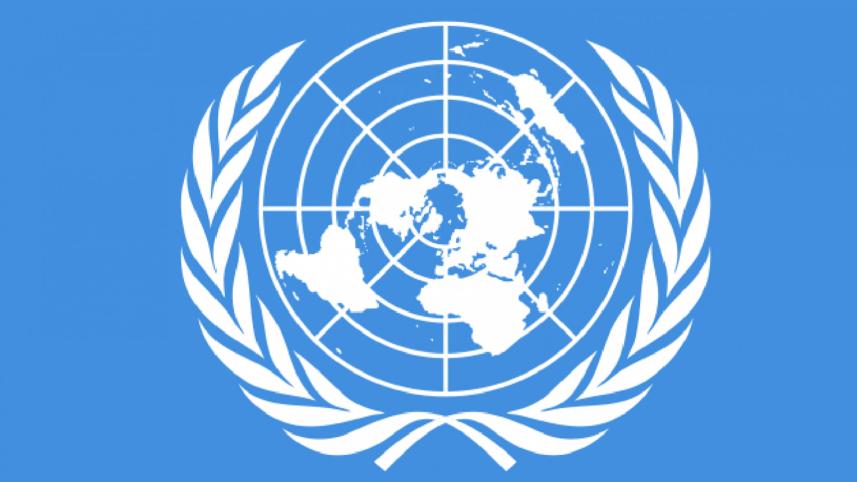The world at risk of mega-famines

The United Nations' World Food Programme (WFP) has warned that the world is at risk of "mega-famines" as COVID-19 cases are expected to peak in the world's most fragile countries in the next three to six months. Even before COVID-19, there was already 135 million acutely hungry people in the world, in addition to the 821 million people who were chronically hungry, highlighted the UN organisation. The pandemic will likely double the number of acutely hungry people.
The UN's warning should be taken seriously by policymakers, particularly in countries like ours. While we are fortunate to have adequate food stocks in case of an immediate crisis, the current and imminent implications of COVID-19 on the food supply chain cannot be ignored, particularly as we are a part of the global economy. The government has taken some timely steps, such as mobilising workers from parts of the country and sending them to the haor areas, which were facing acute labour shortages, to harvest the paddy, and taking measures to save crops before impending flashfloods and cyclones in the north-eastern and southern regions, respectively. However, concerns remain whether farmers will be able to sell their crops at a fair price. Already smallholders and women farmers are having to sell their produce at one-fourth or one-fifth the usual price—how will they make up for this loss to their livelihoods and what disastrous impact will it have on the next production cycle?
The government cannot afford to be complacent at this critical stage of intervention as it strategises how to ease the lockdown and distribute and redistribute food products, without jeopardising the safety of communities. Additionally, with millions of people in extreme poverty and temporary unemployment due to the ongoing crisis, the government needs to expand its social safety net programmes to ensure access to food for all. Having adequate food supplies in stocks will mean nothing if it is not properly and fairly distributed.



 For all latest news, follow The Daily Star's Google News channel.
For all latest news, follow The Daily Star's Google News channel.
Comments